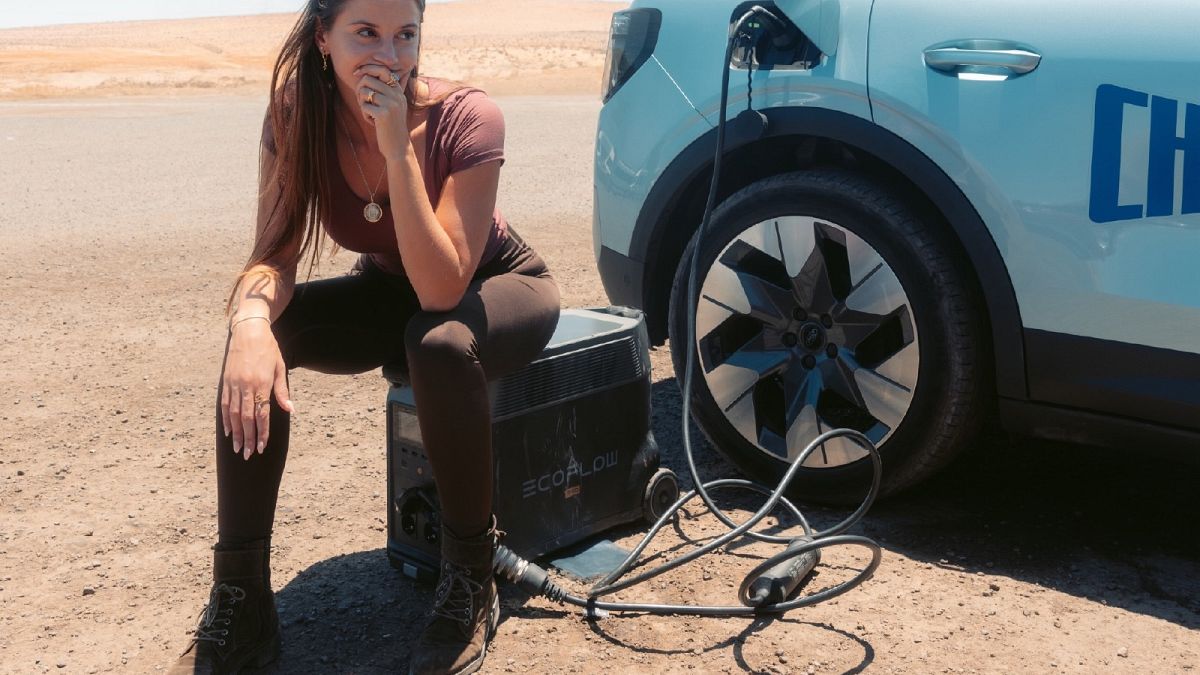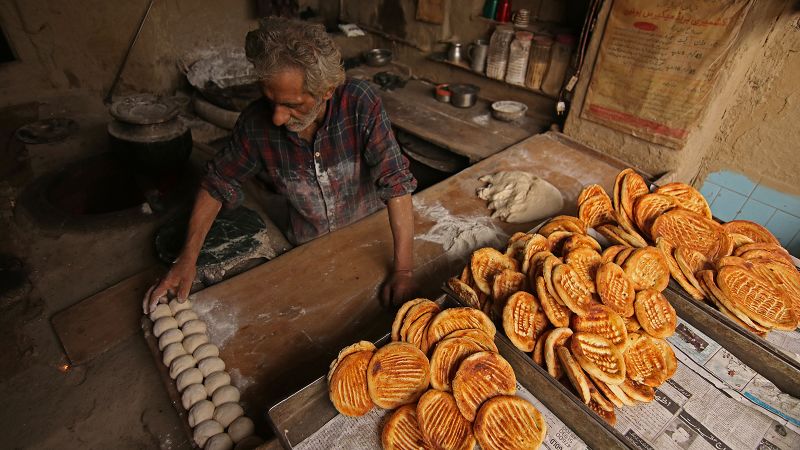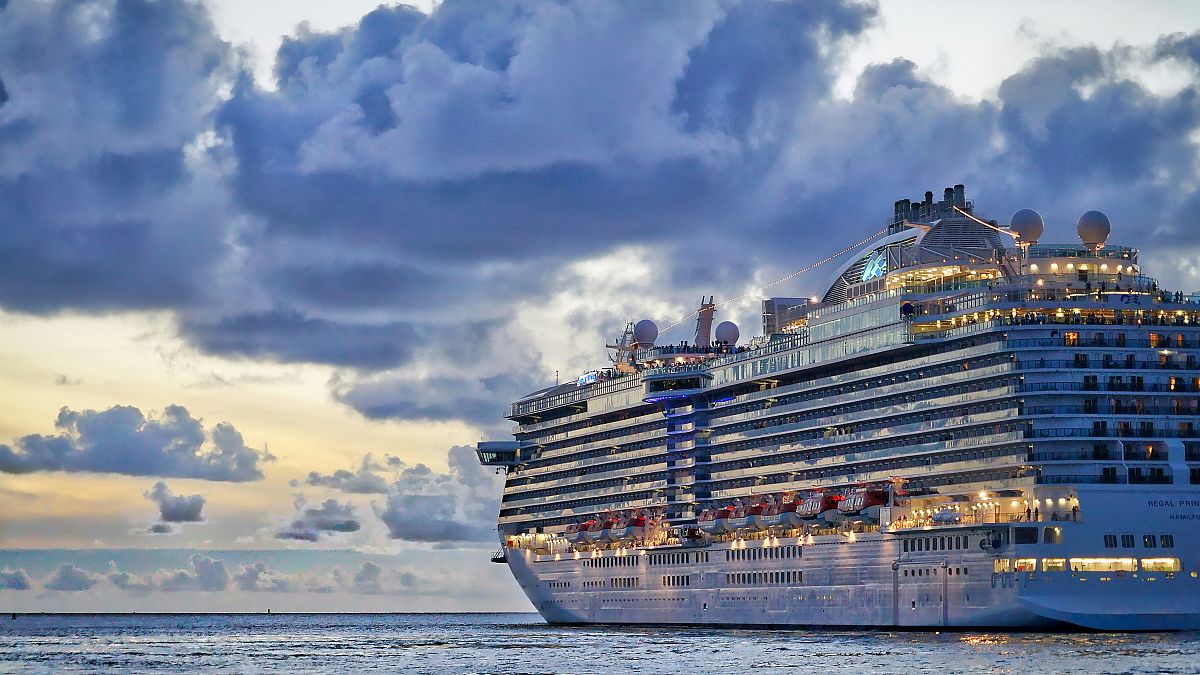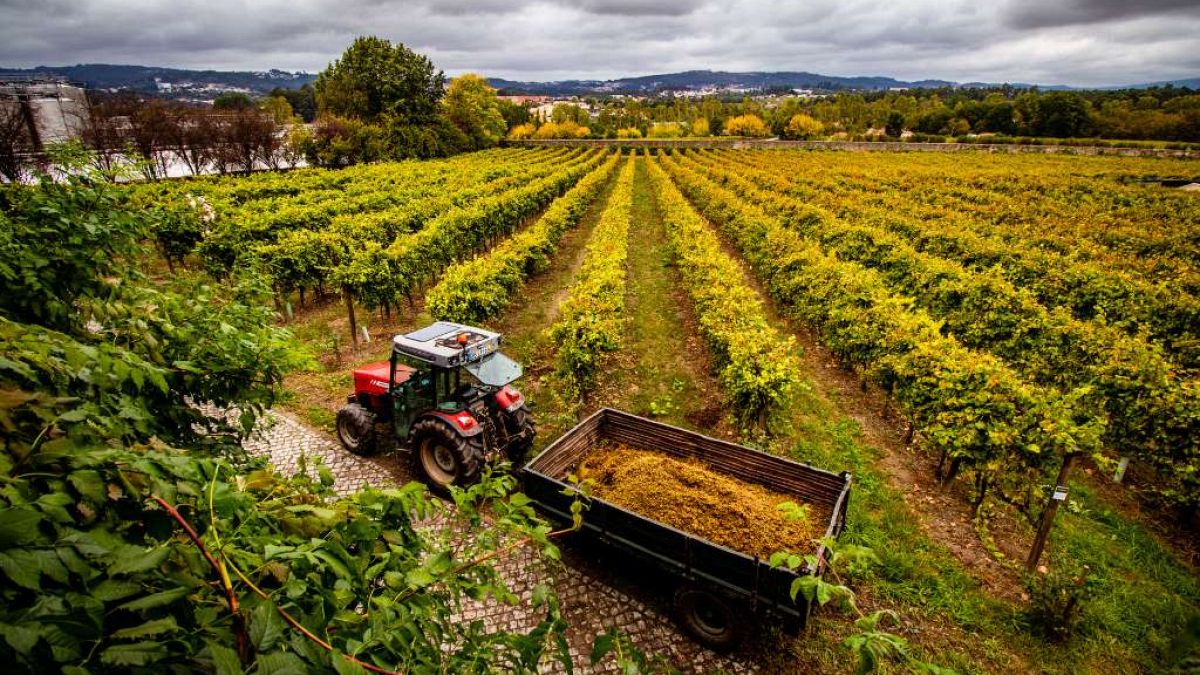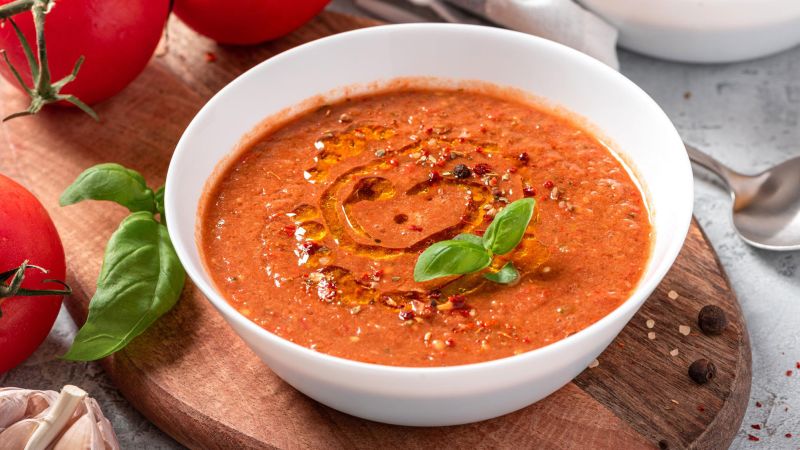Beijing moves to de-escalate trade tensions after the EU imposed tariffs on Chinese electric vehicles.
China’s commerce ministry announced on Thursday that it will not be imposing provisional duties on imports of European brandy.
The statement nonetheless accuses the EU of unfairly flooding the Chinese market with alcoholic products – meaning future tariffs can’t be ruled out.
“There is dumping of the relevant imported brandy originating from the EU…[and] the domestic relevant brandy industry is threatened with substantial damage,” said the Chinese commerce ministry.
Beijing launched the probe in January this year after the EU launched an investigation into electric vehicles coming from China.
Chinese EV manufacturers, according to the European Commission, are able to keep their costs artificially low because they are supported by state subsidies – harming EU competitors.
The Commission said earlier this month that it plans to apply import duties of up to 36% on Chinese electric cars in order to level out unfair trade practices.
This is, however, lower than originally-proposed rates.
European spirit makers saw their stock increase in value on Thursday after China’s announcement.
Rémy Cointreau’s shares jumped 6.4% in daily trading, Pernod Ricard saw a 4.3% increase, and shares in Italian firm Campari were up 1.58% – as of around 13:00 CEST.
European Commission spokesperson Olof Gill responded to China’s decision in a press briefing on Thursday.
“We take note of this announcement by the government of China and the Commission is continuing to follow this investigation very closely.
“We are fully committed to supporting our EU industry as appropriate throughout the investigation and we remain fully confident that our cognac or brandy exports to China are completely in line with all applicable WTO rules.
“I would also remind you that according to the Commission’s detailed assessment, the merits of this [Chinese] investigation are questionable.”
Gill added: “We will not hesitate to take all necessary action to defend our EU exporters.”
Read the full article here









